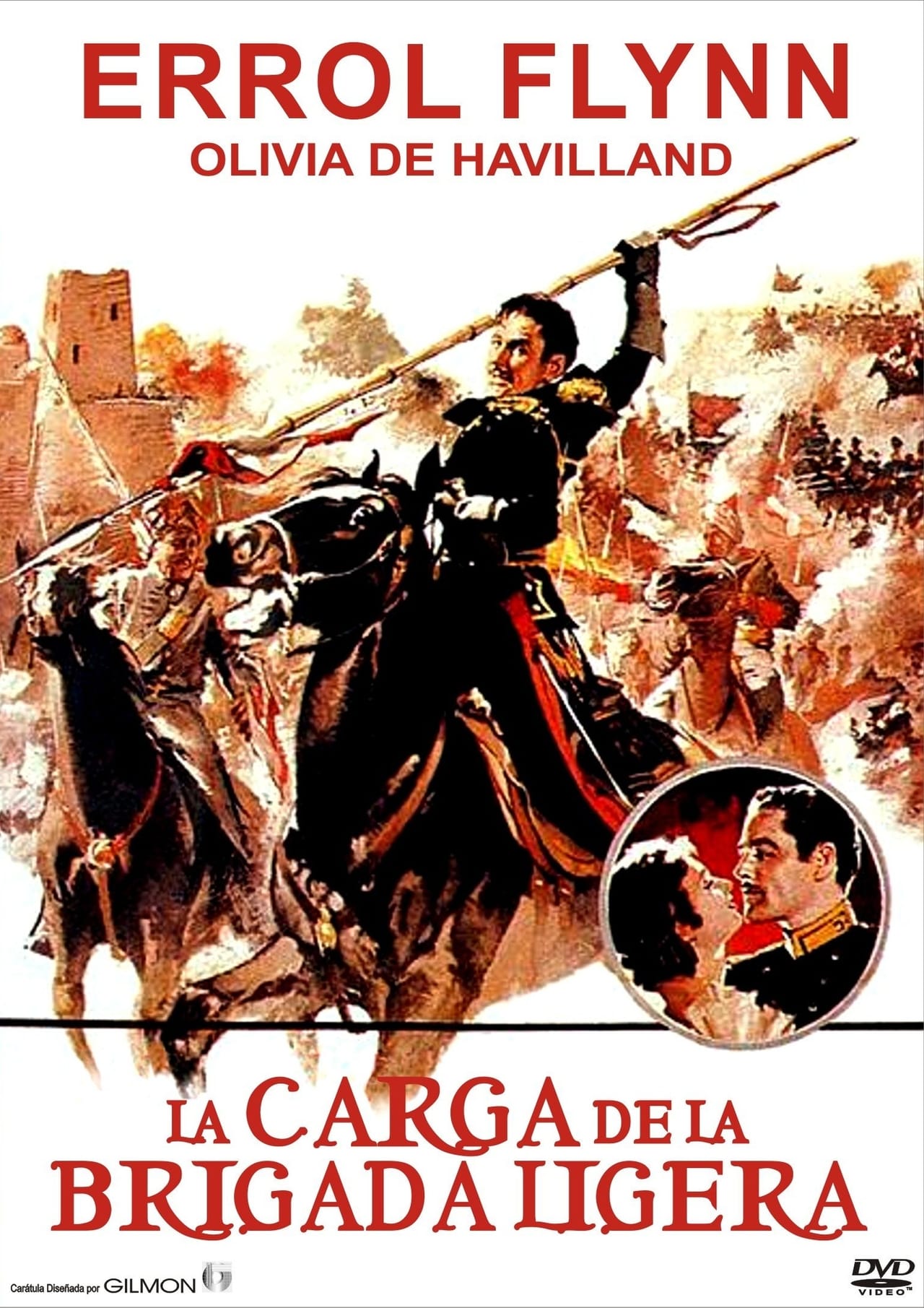

Captain Nolan, enlisted as Raglan's aide, is glad to get away from Britain it gives him an escape from the morally uneasy affair he has been having with Clarissa Morris ( Vanessa Redgrave), the wife of his best friend William ( Mark Burns). As campaign preparations begin he is preoccupied with a bad mistake he made while allotting commands, requiring Lord Cardigan to lead the Light Cavalry Brigade under his equally unpleasant arch-rival and brother-in-law Lord Lucan ( Harry Andrews), who has been appointed to command the Cavalry Division. Despite having been a disciple of the recently deceased Duke of Wellington for decades, he has not his military flair. Nolan soon gets into a highly publicised feud with Cardigan, who is angry at him for ordering Moselle wine at a banquet where all guests were to drink champagne.īritish forces are led by Lord Raglan ( John Gielgud), a Waterloo veteran and an amiable, vague-minded man who proves a poor commander. They endure squalid living conditions and are punished mercilessly for the slightest missteps in their duties. Cardigan's men are typical of the common soldiers of their day though reasonably well-equipped – compared with the Russians – they are also poorly trained and supplied. Nolan's superior is the gruff Lord Cardigan ( Trevor Howard), who treats the regiment under his command as his personal property and who dislikes Nolan as an "Indian" officer with a native Indian servant. As such he regards many of his colleagues, who are mostly aristocratic dilettantes casual about squandering their subordinates' lives, with contempt. A veteran of the British Indian Army, Nolan is unusual in the hierarchy of his day both for having combat experience and for having acquired his commission through merited promotion as opposed to purchase. The anti-hero is a relatively competent officer, Captain Louis Nolan ( David Hemmings). Tactical and logistical methodology had not advanced in forty years, and the whole ethos of the army was bound in outmoded social values. Britain had not fought in a European theatre since the Battle of Waterloo in 1815, and the army had become sclerotic and bound by bureaucracy. The film is about the folly of war, and the poor state of the British Army and its leadership during the Crimean War (1853–1856). This film features Richardson's daughters Natasha and Joely in their debuts. Its animated credits and linking passages were created by Richard Williams, drawing on the satirical use of Victorian-era jingoistic images.


It was directed by Tony Richardson and produced by Neil Hartley. The Charge of the Light Brigade is a 1968 British DeLuxe Color satirical war film made by Woodfall Film Productions and distributed by United Artists, depicting parts of the Crimean War and the eponymous charge. The scan was made available online by the University of Virginia.$1 million (US/ Canada rental) $3.2 million (total) Note: This poem, including punctuation, is reproduced from a scan of the poem written out by Tennyson in his own hand later, in 1864. Memorializing Events in the Battle of Balaclava, October 25, 1854 The War was also noteworthy as an early example of the work of modern war correspondents. Many in the west best know of this war today because of Florence Nightingale, who trained and led nurses aiding the wounded during the war in a manner innovative for those times. Russian control of the Dardanelles threatened British sea routes.

This poem was written to memorialize a suicidal charge by light cavalry over open terrain by British forces in the Battle of Balaclava (Ukraine) in the Crimean War (1854-56). 247 men of the 637 in the charge were killed or wounded. Britain entered the war, which was fought by Russia against Turkey, Britain and France, because Russia sought to control the Dardanelles.


 0 kommentar(er)
0 kommentar(er)
